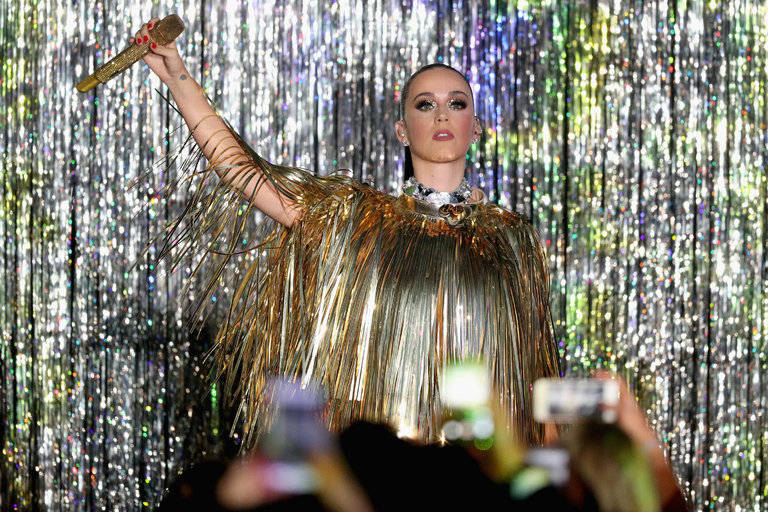Media
New York Times: YouTube Reaches Settlement Over Songwriting Royalties

YouTube, the latest target of the music industry’s battle over royalties and control, has taken steps this week to mend fences and show that it is a good partner. But the fight is far from over.
On Thursday, YouTube, which is by most estimates the most popular destination for music online, announced that it had reached a settlement with the National Music Publishers’ Association, a trade group, over the complex issue of unpaid songwriting royalties.
The settlement is estimated to be worth more than $40 million, according to two people with knowledge of the agreement who spoke on the condition of anonymity to discuss private terms. Neither YouTube nor the publishers’ association would comment on the amount.
In a persistent problem for the online music business, large numbers of songs have missing or incorrect data about their songwriters and which music publishers represent them, leaving what is widely estimated to be millions of dollars unpaid. The publishers’ association has made a series of deals to address the problem, most recently with Spotify.
The agreement with YouTube, which is owned by Google, will give participating publishers — the companies that traditionally manage songwriting rights, which are separate from those of recordings — access to a list of songs for which YouTube has missing or incomplete rights data. YouTube will then pay any accrued royalties from a fund it has set aside for this purpose.
“The revenue earned by the music industry on YouTube continues to grow significantly year over year, and we’re committed to making sure that publishers are paid for the usage of their works on our platform,” Tamara Hrivnak, YouTube’s head of music partnerships for the Americas, said in a statement.
Also this week, YouTube announced that over the last 12 months it had paid $1 billion in music-related royalties from advertising revenue, which it shares with people and companies that upload content to its platform. That announcement — which was somewhat more specific than YouTube’s past disclosures — may have been intended as an olive branch extended to the music industry.
Over the last year, a number of musicians and music industry groups have complained bitterly about what they call YouTube’s unfairly low payouts. The major record companies have been negotiating with YouTube for months to renew licensing contracts, and they are seeking higher rates.
Yet in a sign that all is still not well between YouTube and the music business, the announcement of $1 billion in royalties was quickly criticized as not being large enough.
“YouTube, the world’s largest on-demand music service, is not paying artists and producers anything like a fair rate for music,” the International Federation of the Phonographic Industry, a global music trade group, said in a statement.
